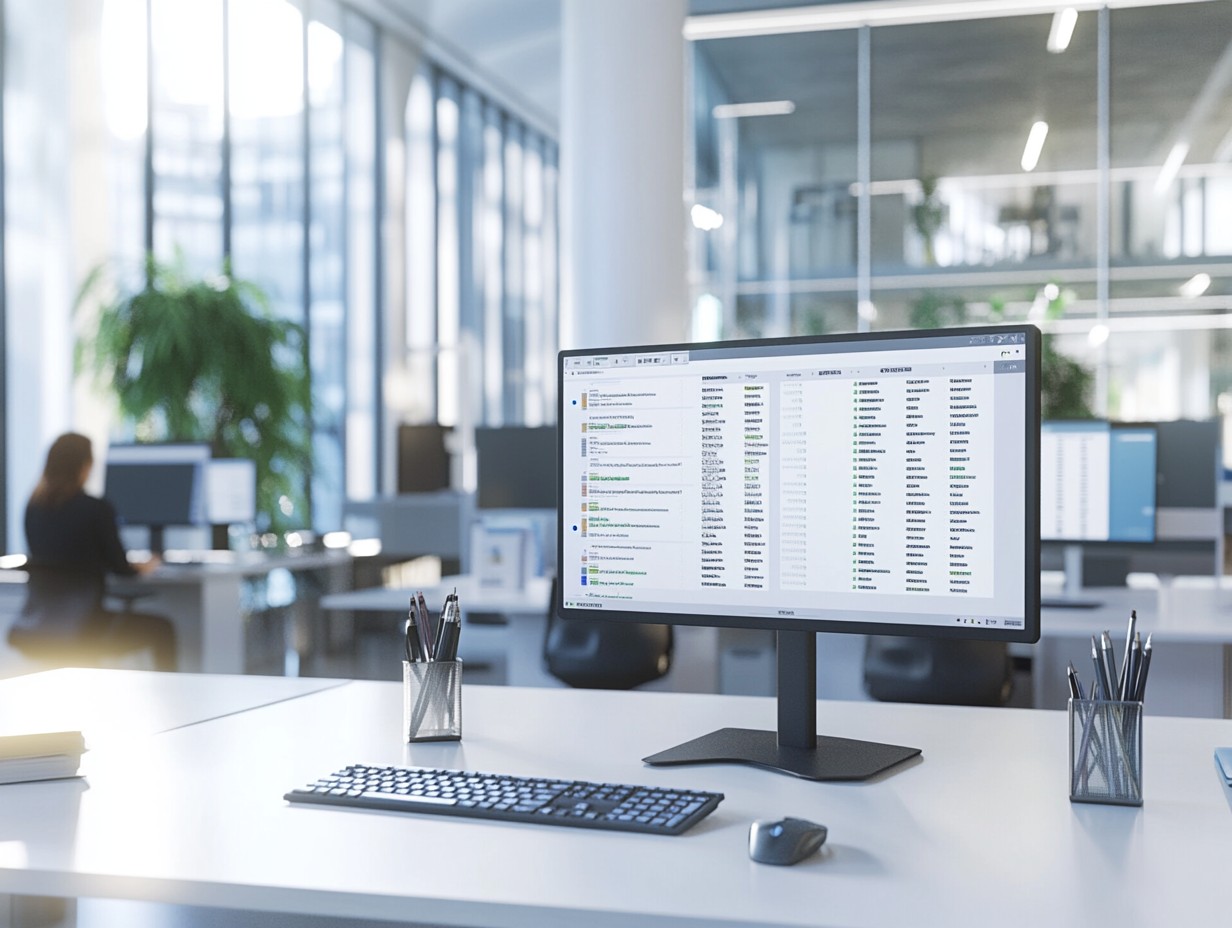What is Changing and How to Adapt

"Discover how artificial intelligence isrevolutionizing the job search: from automated recruitment to forecasting labormarket trends. Prepare for the future of work with smart strategies."
Artificial intelligence (AI) is rapidly redefining theemployment landscape. From automating selection processes to optimizing howcandidates find jobs, AI is driving significant changes for both employers andjob seekers. The way people find work, apply, and get hired is evolving at anaccelerated pace thanks to the power of smart algorithms. What does this meanfor today's job seekers? Understanding the impact of this technology is key tosuccessfully navigating the modern job market.
1. Faster and More Efficient Recruitment
Today, many companies and platforms use AI tools to filterresumes and preselect candidates within minutes. Advanced algorithms analyzeskills, experience, education, and keywords to identify candidates that bestmatch a given profile, accelerating processes that used to take weeks. Somesystems are even capable of identifying patterns of success in past hires,further refining the selection. This allows organizations to build strongerteams in less time and at lower costs.
2. Enhanced Candidate Experience
Thanks to AI, candidates can receive instant feedback on their applications and personalized recommendations to improve their chances.Employment platforms use chatbots to guide users, answer their questions, andhelp them find the positions that best match their profiles. Some tools evenoffer AI-driven mock interviews to better prepare applicants for real selectionprocesses. This constant interaction enables candidates to be better informedand more confident, significantly improving their performance.

3. Greater Emphasis on Soft Skills
Although AI can evaluate technical and academic data, thedemand for human skills such as communication, empathy, creativity, andconflict resolution is increasing. This has led to a transformation ininterviews and assessments, incorporating soft skills tests through automatedtools that analyze candidates' language, expression, and behavior to determinetheir cultural and leadership fit. Organizations recognize that interpersonalskills are fundamental for innovation, teamwork, and adaptability in changingwork environments.
4. Personalization of Professional Development
Another significant impact of AI on the job search is thepersonalization of professional development paths. Based on each person'sexperience, education, and aspirations, smart systems can recommend courses,certifications, and career paths that enhance hiring opportunities and careergrowth. These tailored recommendations not only improve hiring prospects butalso lead to more fulfilling careers aligned with emerging market trends.
5. Predicting Future Opportunities
AI is also being used to predict labor market trends,identifying sectors that are growing and forecasting skills that will be inhigh demand in the future. This predictive capability gives professionals acompetitive advantage by helping them strategically shape their profiles andadapt to a constantly evolving job market.

Conclusion
Artificial intelligence is making the job search faster,more personalized, and increasingly competitive. For candidates, adapting tothis new reality means continuously improving both technical and soft skills,optimizing resumes, preparing for new evaluation methods, and embracing newtechnologies. For companies, leveraging AI represents an opportunity to enhancehiring quality, reduce selection times, and increase efficiency in humanresources processes. Smart adoption of these technologies will distinguishfuture leaders from those left behind.

.jpg)
%20Material.png)


